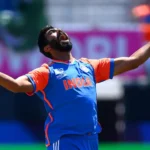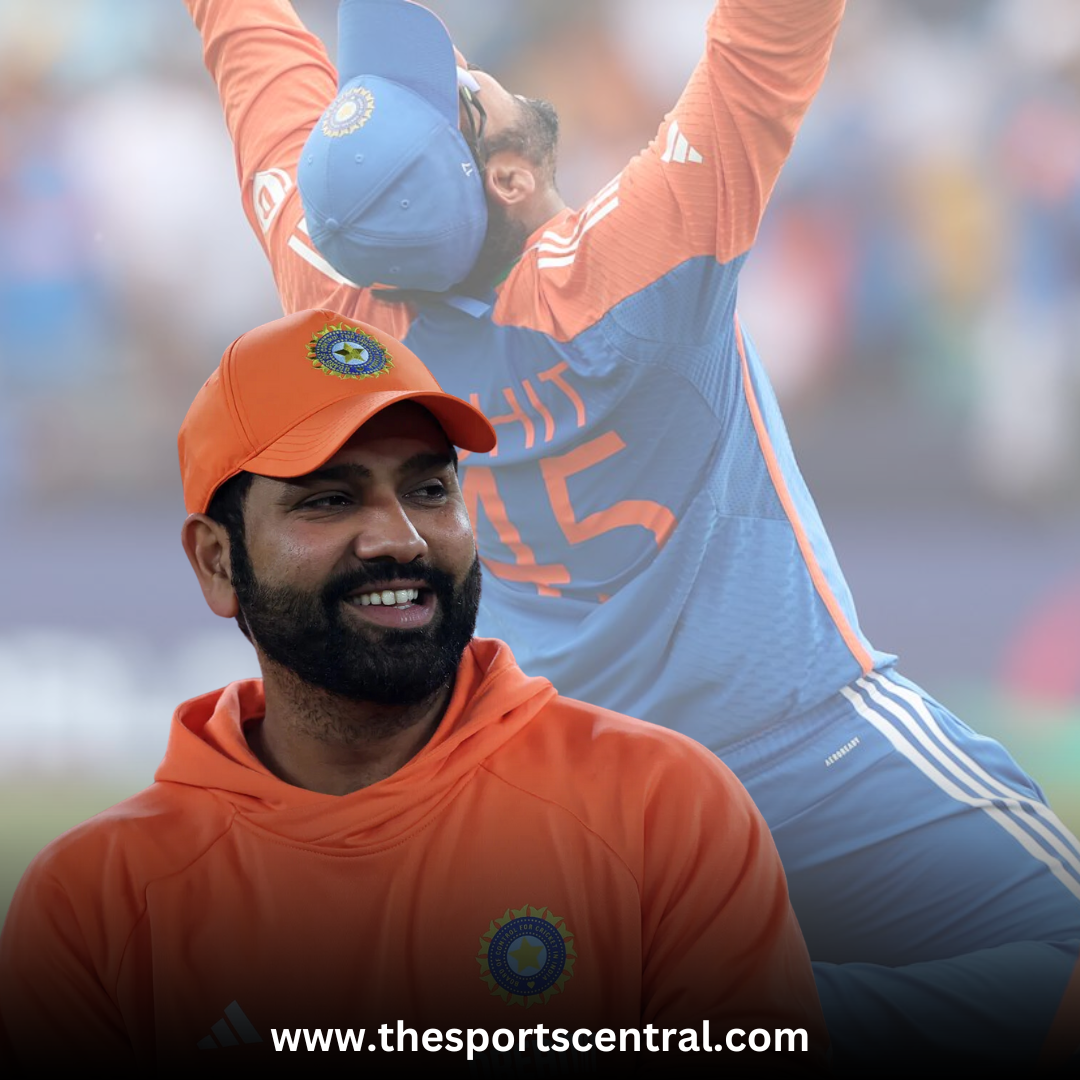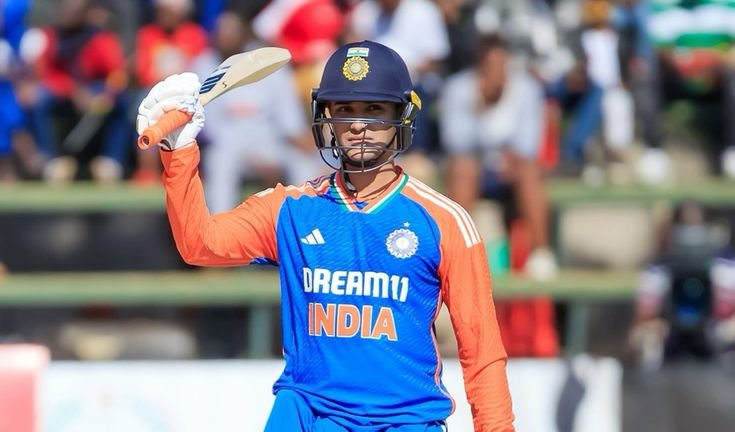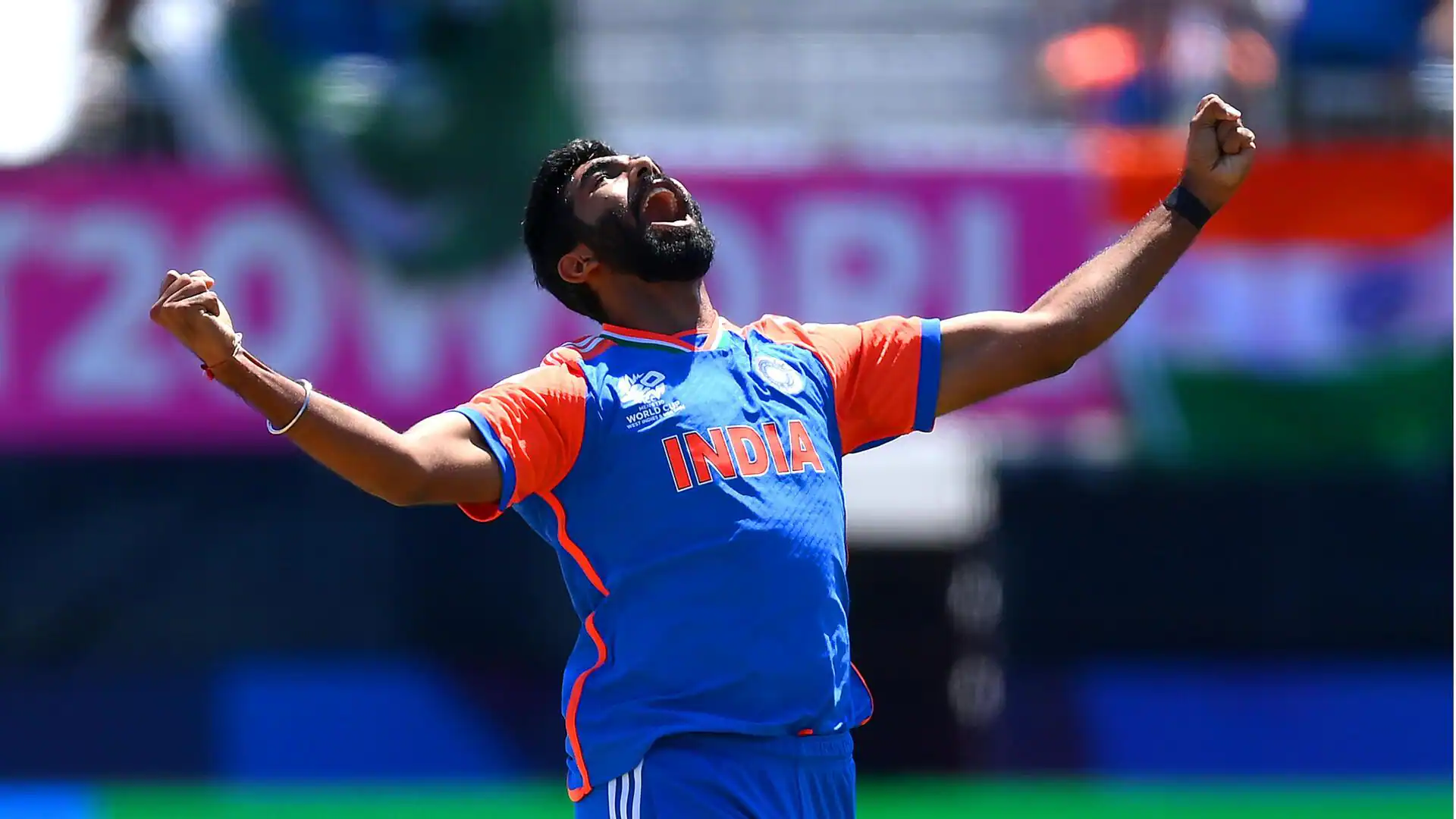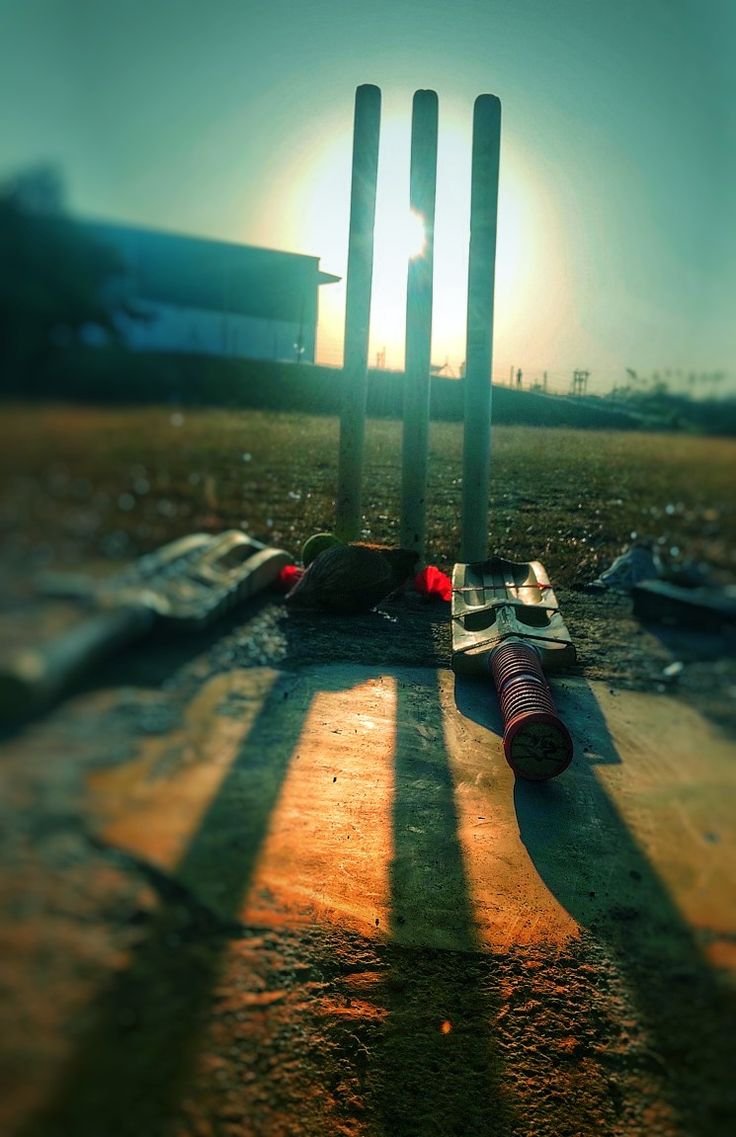Category – Cricket
In a high-stakes meeting held in Mumbai, key figures from the Board of Control for Cricket in India (BCCI) discussed India’s cricketing future after a series of disappointing results. The review meeting included discussions on leadership roles, team performance, and succession planning for India’s cricket captains in various formats. The BCCI’s focus was clear—setting a course for the team’s future with stability at its helm.
Rohit Sharma’s Role as ODI Captain
Rohit Sharma, the current ODI captain, emerged as a pivotal figure in this strategic discussion. According to reports, Sharma has agreed to continue as the captain of the ODI team until the conclusion of the ICC Champions Trophy. His leadership will provide consistency during a critical period, as India prepares for global tournaments and aims to recover from a challenging phase in international cricket.
During the meeting, Sharma expressed his willingness to support the board’s vision for identifying and grooming his successor. He reportedly stated that the future captain, once selected, will have his “full support,” signaling his commitment to a smooth leadership transition.
Recent Challenges for Team India
India’s cricket team has faced a tough stretch in recent months, losing six of their last eight Test matches, including a rare home series whitewash. These results have raised questions about team dynamics, strategies, and leadership. The meeting in Mumbai served as a platform to address these concerns and develop actionable strategies to enhance performance.
The team’s struggles have not been confined to Tests. Despite their potential and a wealth of talent, the performances in ODIs and T20Is have also fluctuated, leading to scrutiny of both players and management.
Key Attendees at the Mumbai Meeting
The review meeting brought together several influential figures, including:
- Rohit Sharma: Current ODI captain
- Ajit Agarkar: Chief selector
- Gautam Gambhir: Head coach
- BCCI officials: Representing administrative and operational interests
The primary agenda included:
- Assessing the team’s performance in recent series.
- Discussing leadership roles for all formats.
- Strategizing workload management for players.
Jasprit Bumrah as a Future Captain?
One of the standout discussions during the meeting revolved around Jasprit Bumrah as a potential captain for the Test team. Bumrah has shown glimpses of his leadership abilities in challenging situations. Notably, he captained India to a memorable victory in Perth against Australia during the Border-Gavaskar Trophy when Sharma was unavailable due to personal commitments.
However, concerns over Bumrah’s fitness and workload were raised. Fast bowlers often face physical challenges due to the nature of their role, and Bumrah’s history of injuries adds complexity to the discussion. The BCCI decided to defer the decision on Bumrah’s potential leadership role, keeping in mind his long-term contribution as a player.
Successor for ODI Leadership
While Rohit Sharma will remain the ODI captain until the Champions Trophy, the meeting underscored the importance of identifying his successor. The ICC Champions Trophy, scheduled to be held in 2025, is a critical milestone for Indian cricket. It offers a window for the team to consolidate its performance and build momentum for future challenges.
Potential candidates for the ODI captaincy include young and dynamic players like:
- Shubman Gill: Known for his composure and batting prowess.
- Hardik Pandya: A proven leader in the T20 format.
- KL Rahul: An experienced player with leadership stints in the IPL and for India.
The selectors aim to groom a captain who can bring fresh energy and tactical acumen to the ODI team.
Suryakumar Yadav’s Role in T20Is
Earlier, Suryakumar Yadav was appointed as the captain of the T20I team following Rohit Sharma’s retirement from the format post the T20 World Cup. Yadav’s fearless batting and innovative approach make him an exciting leader for the shortest format. The T20 team’s transition under Yadav aligns with the BCCI’s broader strategy to nurture format-specific leadership.
Challenges Ahead for Indian Cricket
India’s upcoming cricketing calendar is packed with high-stakes contests, including:
- The ICC Champions Trophy
- The World Test Championship cycle
- Bilateral series against top cricketing nations
The team will need to address several pressing issues to compete effectively:
- Consistency in Batting: Addressing frequent collapses in key matches.
- Bowling Depth: Building a pool of match-ready bowlers to manage workloads.
- Leadership Transition: Ensuring a seamless handover of captaincy in all formats.
- Injury Management: Maintaining player fitness during a demanding schedule.
BCCI’s Long-Term Vision
The BCCI is taking a proactive approach to revamp Indian cricket. This involves:
- Data-Driven Selection: Leveraging analytics to identify talent and strategies.
- Fitness Programs: Enhancing player longevity through tailored fitness regimes.
- Player Mentorship: Assigning experienced players to guide emerging talent.
The board is also exploring ways to strike a balance between IPL commitments and national duties, ensuring that players remain fresh and focused for international assignments.
Reactions from the Cricketing World
The developments from the Mumbai meeting have garnered mixed reactions:
- Support for Rohit Sharma: Many experts back Sharma’s continuation as ODI captain, citing his calm demeanor and strategic acumen.
- Questions on Leadership Gaps: Critics have pointed out the lack of a clear roadmap for leadership transitions.
- Apprehensions About Workload: Concerns over player burnout have been echoed, especially with an intensive cricket calendar ahead.
The BCCI’s decision to retain Rohit Sharma as the ODI captain until the ICC Champions Trophy reflects a measured approach to leadership. Sharma’s experience and tactical insights are crucial during this transitional phase. Simultaneously, the board’s focus on identifying future leaders indicates its commitment to long-term success.
As Indian cricket navigates this critical juncture, the coming months will test the team’s resilience, adaptability, and leadership. With a blend of experience and emerging talent, India has the potential to regain its dominant position on the global stage. The roadmap laid out during the Mumbai meeting could be the turning point that shapes Indian cricket’s future trajectory.




